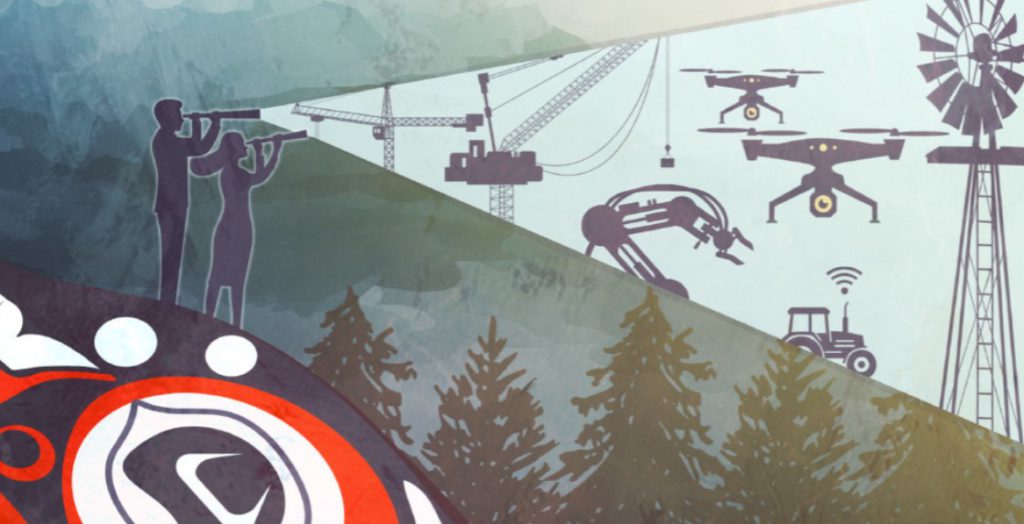Federal support needed to prepare Indigenous youth for digital future: RBC report


Indigenous youth numbers are growing four times faster than Canada’s non-indigenous population, representing a vital influx of entrepreneurs, innovators, managers and business owner for the future. But a new Royal Bank of Canada report says many do not have the digital knowledge and resources to take advantage of the opportunities in Canada’s rapidly changing economy.
The report, Building Bandwidth – Preparing Indigenous youth for a digital future, found that many Indigenous youth lacked confidence in their digital literacy skills, lagging 13% behind non-Indigenous peers.
"Over the next decade, 750,000 young Indigenous peoples will move through the education system and into early careers, at a time when advanced technologies are transforming every sector in the country," said John Stackhouse, senior VP, RBC.
"Narrowing this gap in digital skills would enable Indigenous youth to unlock a host of opportunities in the future of work and, in turn, significantly increase their earning potential. More importantly, access to a meaningful career helps foster a stronger connection to community and builds greater confidence and optimism for the future.
“A national skills agenda for Indigenous youth is crucial to building a more prosperous and inclusive Canada,” he added.
The report outlines eight strategies that might help prepare Indigenous youth for the digital future: high speed internet, access to venture capital, funding for digital education, entrenching the subsidy for Indigenous youth under the federal Student Work Placement program, expanding academic bridging programs, and expanding Indigenous culture, languages and content online.
The report says that if Indigenous people were able to participate in the economy at a level matching the average Canadian worker, the country could generate an additional $67 billion in gross domestic product.
The report notes that jobs in every sector, including mining, are changing. For example: "Mining companies will need fewer truck drivers—and more people to remotely operate driverless trucks, as well as to program, maintain and repair them."
Indigenous workers comprise about 7% of Canada's mining workforce, however, many are in positions that are vulnerable to digitalization and automation.
Comments
Pat
I am against race-/ethnicity-based incentives attempting to achieve equality of outcome by discriminating against perceived privileged groups of citizens. We should be promoting equality of opportunity, and not attempting discriminatory social engineering attempting to achieve “equality of outcome” for so-called disadvantaged racial-ethnic groups.